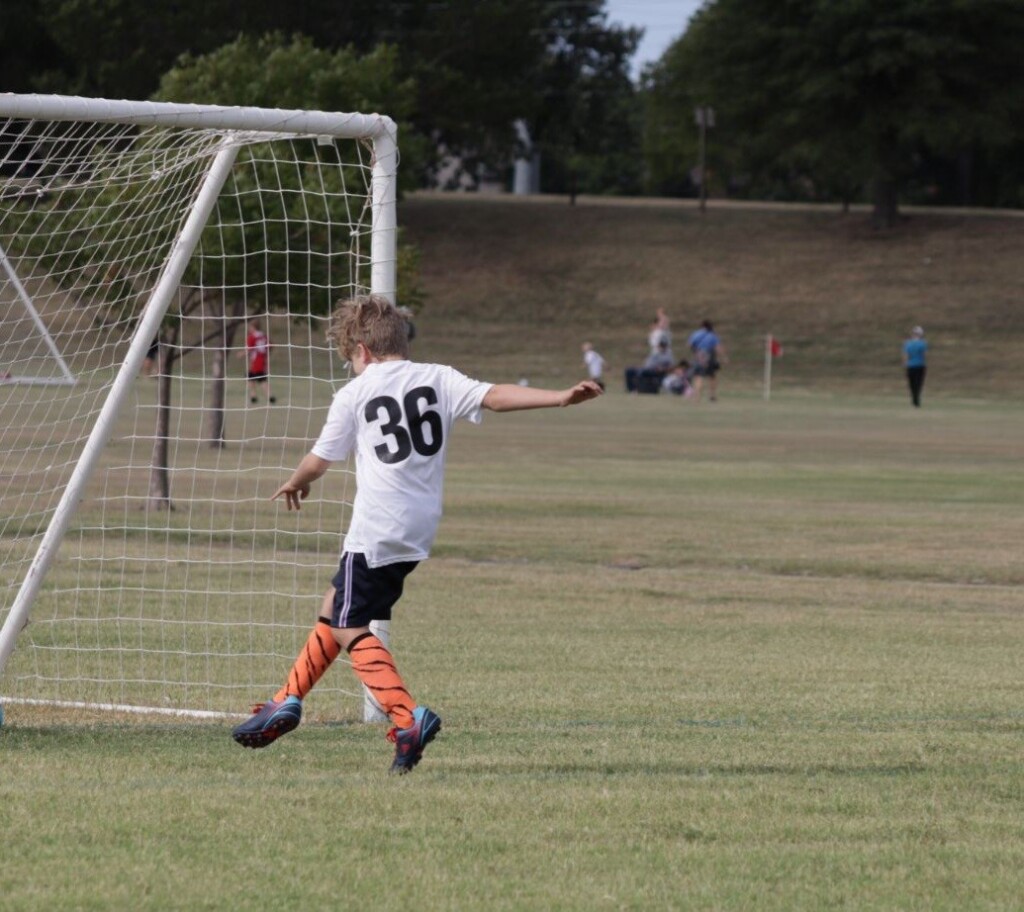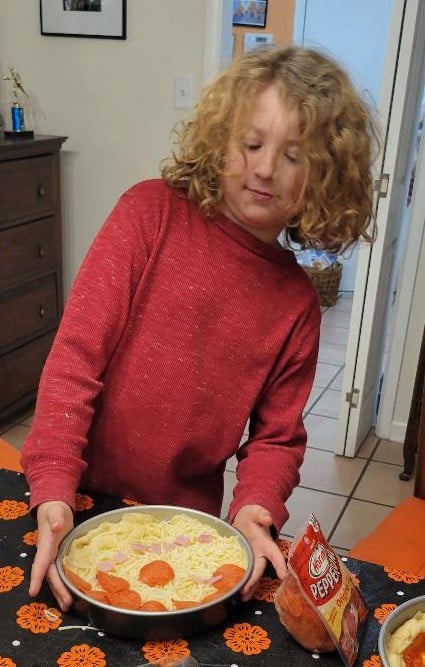Five Reasons Why it Might Be OK to Let Your Child Be a Quitter

I took ballet, baton twirling, and piano lessons and stunk at them all. I’m not exaggerating, and I have the home movies of three years of ballet recitals to prove just how uncoordinated, stiff, and graceless I truly was. I quit everything. Then I found competitive swimming. I was so remarkably bad in the beginning that the audience clapped when I finally finished a race. I wanted to quit, as was my past pattern. My wise mother gently but firmly told me I could quit, but I had to finish the year. By the time the year was up, I had improved enough that no one was surprised when I survived races. More importantly, I made friends on the team, so it became fun. Even at 66, swimming is still a passion I can’t imagine my life without, and I’m grateful for my mother’s influence to persevere.
Last weekend, we attended our grandson’s first soccer game. Callister has taken tennis lessons off and on since he was four but has successfully avoided team sports until now. When a friend asked him to join the soccer team, he agreed to give it a try. He has complained about it every day since. At the game, I hoped he wouldn’t be the kid who ran in the wrong direction and kicked a ball into his team’s goal. I needn’t have worried. I think Callister’s foot may have touched the ball twice during the game, and I am positive both times were pure accidents. However, he did seem to have a good time running up and down the field, running through the parent tunnel at the end of the game, and getting post-game snacks.
Like my mom’s mandate, my daughter also told my grandson he must finish the season. That seems to be a standard rule because it promotes commitment and perseverance. Callister may learn to love it or stick with the decision that soccer isn’t his sport. That’s OK. It’s good to try many activities, whether it’s Scouts, Academic teams, Chess Clubs, or sports. It’s hard to know whether you like something until you try it. But are there circumstances when quitting might be the right choice for a child? Is it ever OK to let your child be a quitter?
I read expert advice and talked to people to get an idea of all the sides of the topic. It seems to be a particularly gray area with lots of wishy-washy opinions. Like many issues in parenting, the decisions must be based on the individual child and family. Here are some things to consider if your child wants to quit.
1. Timing
Are they saying they want to quit right after a tiring practice or a team loss? That is probably a passing feeling. However, if they continue to want to quit even when things are going well, the decision needs to be discussed and considered.
2. Motivation
Is your child doing this sport because they chose it, or are you pushing them into it because you wish you had played, or maybe because you want to be part of the parent group on the sidelines? Examine your motivation.
3. Family Impact
Is your child so unhappy about going to practices and games that it’s impacting the family? If it’s disrupting family harmony, it might be time to consider cost vs. benefit.
4. Hurt
This seems like an obvious one. If your child is physically hurt, of course, you’re not going to make them continue. What about emotional pain, though? Isn’t that just as important? If continuing to play the sport is causing anxiety or depression, that is just as valid of an injury as a sprained ankle.
5. Pressure
Too much training, pressure to win, and intense competition can be exhausting and lead to burnout. The reality is most kids will not even be playing in college, let alone professional sports. Kids should be playing sports to have fun, gain fitness, and learn about being part of a team. If your child is feeling too much pressure, it may be time to take a break.
There are so many arguments on both sides that this discussion could be argued endlessly with no clear-cut correct answer. I’m glad my mom pushed me to persevere with swimming, but on the other hand, I am still grateful she allowed me to walk away from piano lessons. Parenting is difficult, isn’t it? As with most things, communication with your child is the key to making the right choice. Talking through the decision calmly may be revealing. As for now, I suspect I’ll be spending my Saturdays watching my grandson run up and down the soccer field. Maybe this will be his only foray into soccer, or maybe his soccer apathy will fade, and he’ll become the next professional soccer star?




 Welcome to Grand Life, the TulsaKids blog that explores the wonderful adventures of grandparenting! Join me and my grandchildren as we explore interesting activities and visit family friendly sites in Tulsa. This blog shares the joys and challenges of grandparenting as well as the various roles grandparents play in their grandchildren’s lives.
Welcome to Grand Life, the TulsaKids blog that explores the wonderful adventures of grandparenting! Join me and my grandchildren as we explore interesting activities and visit family friendly sites in Tulsa. This blog shares the joys and challenges of grandparenting as well as the various roles grandparents play in their grandchildren’s lives.








